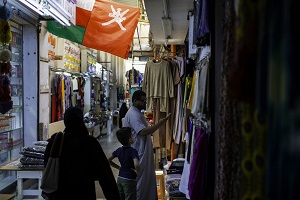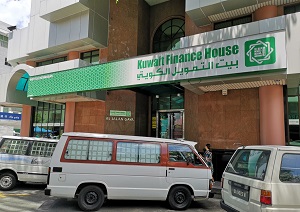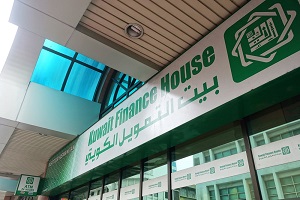
Lebanese banks limit transfers abroad amid unrest
Lebanon relies on inflows from millions of Lebanese living abroad to keep its lenders stable and defend the dollar peg.
Lebanese banks have curtailed the transfer of dollar deposits abroad until political turbulence that has engulfed the country and raised fears of a collapse in its currency peg subsides, reported Bloomberg.
Lebanon has not imposed official restrictions on the movement of money as lenders reopen their doors after two weeks of nationwide anti-government protests. But banks have independently moved to tighten informal limits already in place for months to avoid capital flight amid crumbling confidence.
Tellers working in some Lebanese banks said transfers of deposits abroad had been stopped until further notice, regardless of the amount and destination. Some said they were making exceptions for clients who could prove they needed to pay for university fees, loans or health care abroad.
Banks have fielded calls from high net worth depositors asking to move their money abroad, but bankers said that big clients had been broadly understanding when told to wait until the political uncertainty eases.
Capital controls are becoming the weapon of choice for embattled governments in need of breathing room, with Argentina tightening its restrictions last week after a left-leaning populist won the presidential elections.
Though Lebanon’s restrictions are informal and temporary, some economists have warned they could discourage inflows from diaspora investors, the country’s financial lifeline. But Lebanon, one of the world’s most indebted nations, has few viable alternatives.
Hundreds of thousands of Lebanese have been on the streets for two weeks, demanding the resignation of a political class they say has pillaged state coffers to the verge of bankruptcy whilst leaving the public with failing services. The protests prompted the resignation this week of Prime Minister Saad Hariri, a replacement has yet to be named, raising concerns the country will be unable to implement measures needed to avert an economic crisis.
Lebanon has already had to delay a planned euro bond issuance of up to $3 billion due to the unrest though the central bank still plans to repay debt maturing later this month.
“Despite the various challenges looming at the horizon, the formation of a credible technocrat government can still restore confidence and launch the required reassurance signals for markets, depositors and investors,” said Marwan Barakat, the Chief Economist at Lebanon’s Bank Audi.
However, capital inflows needed to finance the large current account and fiscal deficits have slowed as confidence has dwindled, while, outflows have gathered pace.
Importers have complained for months that banks were not allowing them to transfer Lebanese pound holdings into dollars to pay for shipments. Instead, businesses were increasingly turning to exchange bureaus and paying more than the official rate of 1,507 pounds to the dollar.




